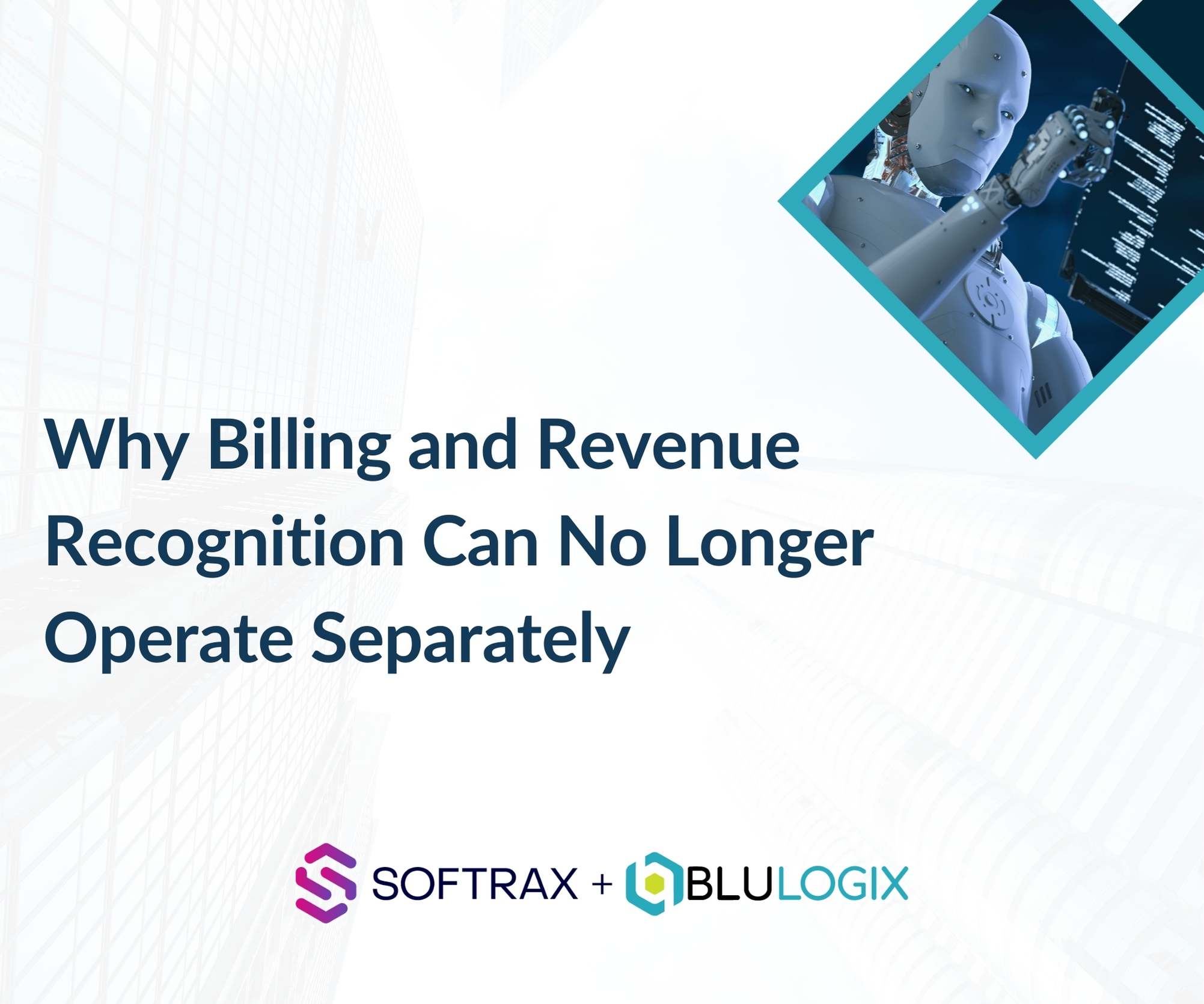See why growth companies choose BluIQ
The Ultimate in Flexibility and Scalability for Subscription Management and Billing.

BluIQ is a configurable platform that bridges the gaps between your CRM, ERP and related business processes.

Customize Your Monetization Platform Quickly and Cost-Effectively.

The Ultimate Flexibility and Scalability to Process Complex Data Staging & Mediation Scenarios with Ease

End-to-end Integration for Seamless Order Activation and Provisioning

BluLogix Chargeback & Cost Recovery for Public Sector and Enterprise Organizations

BluIQ gives you reporting, intelligence and insights in one package.

Empowering Ecommerce, Self-Management, and Seamless Renewals with Channel Support


Lessons, observations and insights for the subscription business

How BluIQ helps our customers’ subscription businesses successfully grow

The latest news and analyst reports on the Software-as-a-Service and Subscription industry

Attend an event near you to connect, learn, and gain inspiration.

The best companies in the world trust BluLogix for all of their billing needs

A collection of recorded webinars and videos on Software-as-a-Service and Subscription Management

Details on BluIQ subscription management and billing platform specifications

Subscription and Software-as-a-Service guides with actionable insights

Why Top Companies Choose BluLogix
Usage-based billing, also known as metered billing, is a pricing model where customers pay based on the amount of resources or services they consume. This model has become increasingly popular in recent years, particularly in the software industry, as it offers greater flexibility and cost savings for both customers and providers.
Traditionally, businesses would pay a flat rate for software or services, regardless of how much they actually used. This often led to companies paying for resources they didn’t need, or being unable to scale up their usage without incurring significant additional costs. Usage-based billing solves these problems by allowing customers to pay only for what they use, providing greater cost control and flexibility.
One of the main benefits of usage-based billing is that it allows businesses to more accurately align their costs with their actual usage. For example, a company that only needs to use a particular software application a few times a month can pay for just those few uses, rather than being forced to pay a flat rate for unlimited usage. This can result in significant cost savings, particularly for smaller businesses or those with fluctuating usage patterns.
Usage-based billing can also provide greater flexibility for businesses, allowing them to scale up or down their usage as needed without incurring significant additional costs. For example, a company that experiences a sudden surge in demand can quickly and easily increase their usage of a particular service, without needing to worry about incurring unexpected costs.
From the provider’s perspective, usage-based billing can be a more sustainable and profitable pricing model. Providers are able to more accurately track their customers’ usage patterns, and can adjust their pricing accordingly. This allows them to better manage their resources and ensure they are providing value to their customers.
Despite its many benefits, there are some potential downsides to usage-based billing. For customers who require consistent, predictable usage levels, this model can be more difficult to budget for, as costs can vary significantly from month to month. Additionally, some customers may feel that usage-based billing is less transparent, as it can be more difficult to understand exactly how costs are being calculated.
Usage-based billing offers many benefits for both customers and providers, including greater cost control, flexibility, and sustainability. While it may not be the best pricing model for every business, it is worth considering for those who want to align their costs more closely with their actual usage levels. As with any pricing model, it is important for both providers and customers to carefully consider their needs and goals, and to choose a pricing model that meets those needs effectively.
Learn more about BluLogix’s Usage-Based Billing here.



| Cookie | Duration | Description |
|---|---|---|
| cookielawinfo-checbox-analytics | 11 months | This cookie is set by GDPR Cookie Consent plugin. The cookie is used to store the user consent for the cookies in the category "Analytics". |
| cookielawinfo-checbox-functional | 11 months | The cookie is set by GDPR cookie consent to record the user consent for the cookies in the category "Functional". |
| cookielawinfo-checbox-others | 11 months | This cookie is set by GDPR Cookie Consent plugin. The cookie is used to store the user consent for the cookies in the category "Other. |
| cookielawinfo-checkbox-necessary | 11 months | This cookie is set by GDPR Cookie Consent plugin. The cookies is used to store the user consent for the cookies in the category "Necessary". |
| cookielawinfo-checkbox-performance | 11 months | This cookie is set by GDPR Cookie Consent plugin. The cookie is used to store the user consent for the cookies in the category "Performance". |
| viewed_cookie_policy | 11 months | The cookie is set by the GDPR Cookie Consent plugin and is used to store whether or not user has consented to the use of cookies. It does not store any personal data. |
The Ultimate in Flexibility and Scalability for Subscription Management and Billing.
